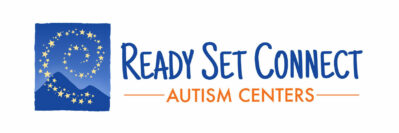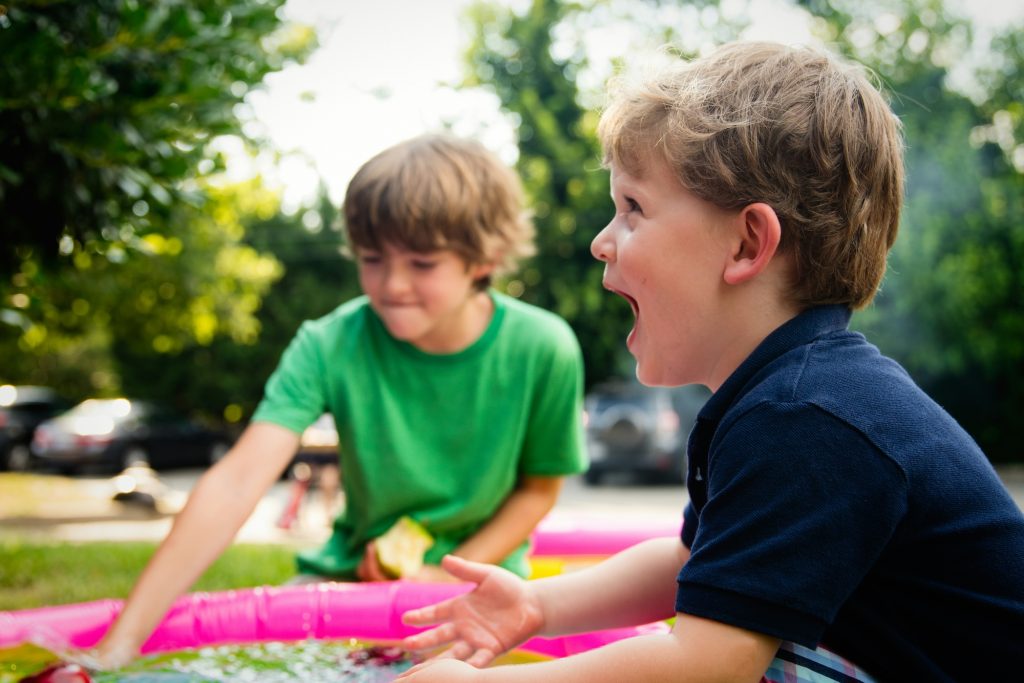As a parent, you know how deeply you want your child to feel confident and comfortable in social settings. For children with autism, though, social interactions often bring unique challenges that can feel overwhelming. These struggles go beyond making friends with peers; they extend to everyday interactions like reading social cues, greeting others, and navigating public spaces.
Social skills programs are designed to help children with autism overcome these hurdles in a supportive, guided environment. They not only teach valuable skills but also build confidence, making the world feel a little less overwhelming for your child—and for you.
Take a look at how programs like this can be beneficial for your family.
Building Foundational Social Skills
For many children with autism, even simple social interactions can feel like navigating an unfamiliar language. Social skills programs break these down into manageable steps, teaching children how to:
- Greet others appropriately, whether it’s saying “hello” to a teacher or a cashier.
- Recognize social cues, like knowing when someone is joking or serious.
- Take turns and share during activities, laying the groundwork for cooperation and patience.
These foundational skills make daily interactions smoother and give children tools to engage with the world more comfortably.
Preparing for Everyday Social Interactions
Often, everyday activities like running errands, attending appointments, or spending time in public spaces can lead to unexpected social interactions that feel challenging. Social skills programs are specifically designed to help children navigate these moments with greater ease, providing a safe and supportive environment to practice real-life scenarios.
Through guided lessons and structured practice, children learn how to handle common situations such as asking for help, politely answering questions like “How are you today?” and understanding the importance of personal space. These experiences build their confidence in interacting with others, helping them feel more capable and less anxious in public settings.
Improving Emotional Awareness
Social skills programs play a crucial role in helping children with autism recognize and manage emotions, both in themselves and in others. These programs often incorporate activities such as role-playing and guided group discussions, which provide practical opportunities to explore emotional concepts.
Children begin to identify emotions by observing facial expressions, interpreting tone of voice, and paying attention to body language. This foundational skill helps them understand how others are feeling and how to respond appropriately.
A Positive Impact on Family Life
Social skills programs don’t just benefit children—they can be a game-changer for families too. As your child gains confidence in social interactions, you’ll likely notice a ripple effect at home:
- Reduced stress around public interactions, like dining at a restaurant, shopping, or visiting extended family, as your child feels more prepared to engage with others.
- A greater willingness from your child to participate in group activities, leading to more opportunities for family bonding.
- Smoother transitions during family outings and gatherings, making these moments more enjoyable for everyone.
- A more peaceful home environment as your child learns to navigate emotions and resolve conflicts constructively.
- Renewed confidence in your child’s ability to adapt and grow, giving you hope for their future and pride in their progress.
These benefits extend far beyond the individual child, creating a stronger, more connected family dynamic and a sense of optimism for what lies ahead.
Social skills programs are about more than learning to navigate social situations—they’re about empowering children with autism to interact with the world in a way that feels meaningful and manageable. Whether it’s greeting someone with a smile, advocating for themselves in a crowded store, or making a new friend, these skills open doors to greater independence and connection.
If you’re looking for ways to support your child in developing these life-changing skills, we’re here to help. Contact us today to learn how our programs can give your child the tools they need to succeed and the confidence to shine.
Resources:

